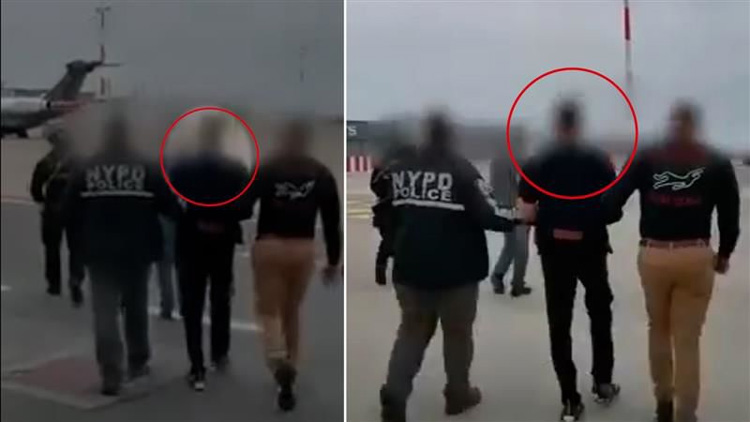Nikhil Gupta, extradited to US in Pannun probe, hasn’t sought consular access
Indian authorities have not received any request for consular access from Nikhil Gupta, the Indian national extradited from the Czech Republic to the US for alleged involvement in a “murder for hire” plot targeting Khalistani leader Gurpatwant Singh Pannun.
Gupta, who was detained in the Czech Republic on the request of American law enforcement in June last year on the charge of involvement in the plot to assassinate Pannun in New York, was extradited to the US on June 14. He pleaded not guilty when he was arraigned in a federal court in Manhattan on June 17.
External affairs ministry spokesperson Randhir Jaiswal told a regular media briefing on Friday that Gupta had not made a request for consular access, though his family in New Delhi had contacted Indian authorities seeking assistance.
“He was extradited to the US on June 14. We have so far not received any request for consular access from Mr Gupta but his family has got in touch with us,” Jaiswal said.
“We are in touch with the family members and we are looking at the matter as to what can be done on their request,” he said.
While Gupta was being held in the Czech Republic, Indian officials were given consular access to him on several occasions.
People familiar with the matter said on condition of anonymity that the issue of consular access would be decided in line with provisions of the Vienna Convention on Consular Relations of 1963. Article 36 of the Convention states that a detained person will have to make a request for consular access to authorities of his or her country – which means Gupta will have to initiate a request for such access or give his assent, the people said.
“Nevertheless, consular officers shall refrain from taking action on behalf of a national who is in prison, custody or detention if he expressly opposes such action,” the provision said.
According to Article 36, consular access will be “exercised in conformity with the laws and regulations of the receiving State”. This means that consular access must conform with US laws in the case of Gupta.
Gupta, 52, was named in an indictment filed by US prosecutors in the federal court in Manhattan last November as the person who allegedly worked with an unnamed Indian government official to plot the assassination of Pannun, already declared a terrorist by India.
The US indictment alleged the Indian government employee, who was a field operative responsible for intelligence and was identified only as “CC-1”, had ordered the assassination of Sikhs for Justice (SFJ) leader Pannun. The SFJ has been outlawed by India.
The unnamed Indian official was subsequently identified by the media as Vikram Yadav, an officer of the Central Reserve Police Force (CRPF) seconded to the Research and Analysis Wing (RAW).
India has set up a high-level inquiry committee to examine inputs provided by the US regarding the alleged plot against Pannun. Jaiswal recently said the probe by this body is still underway.

